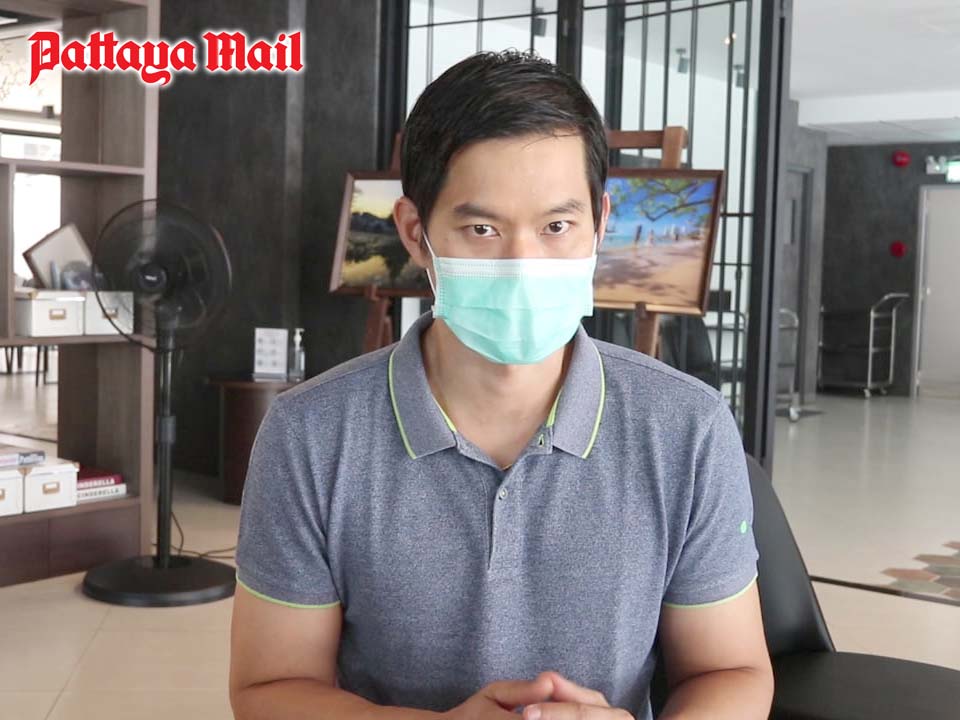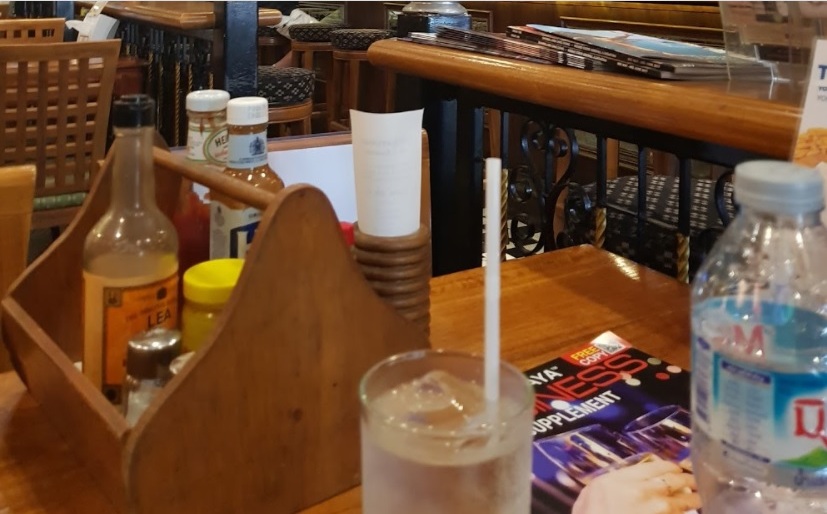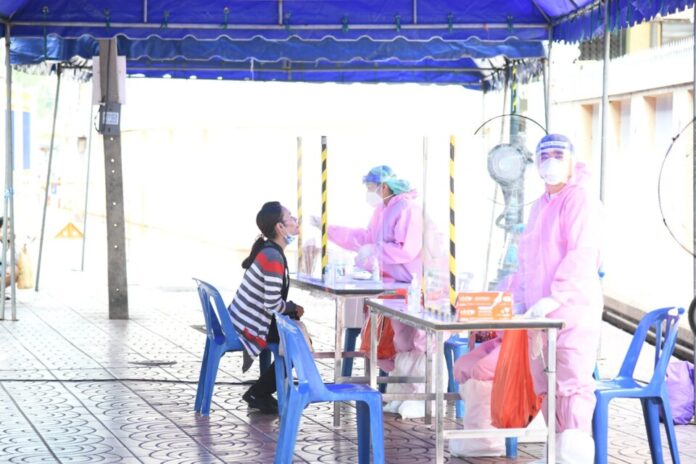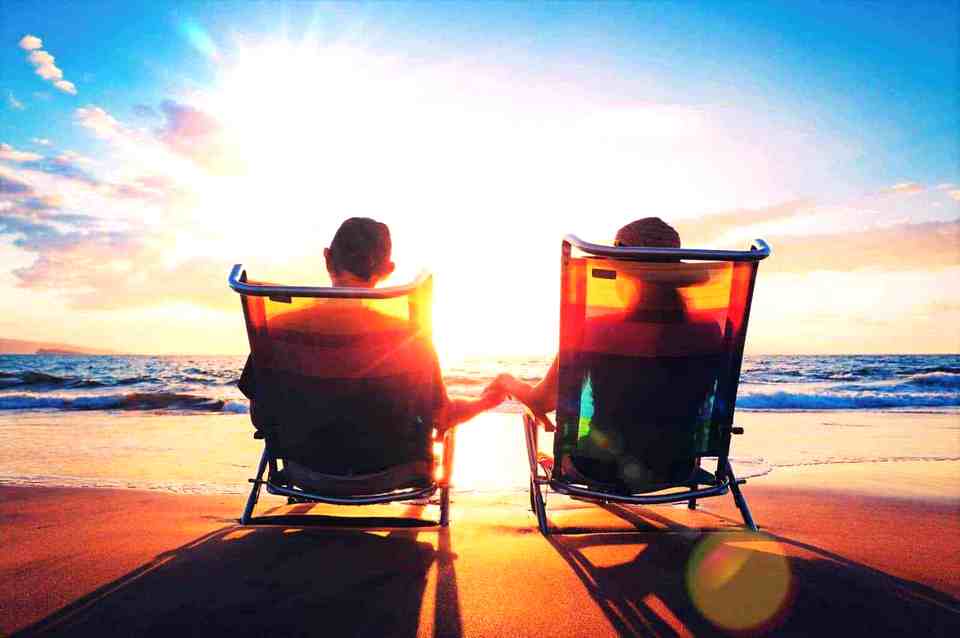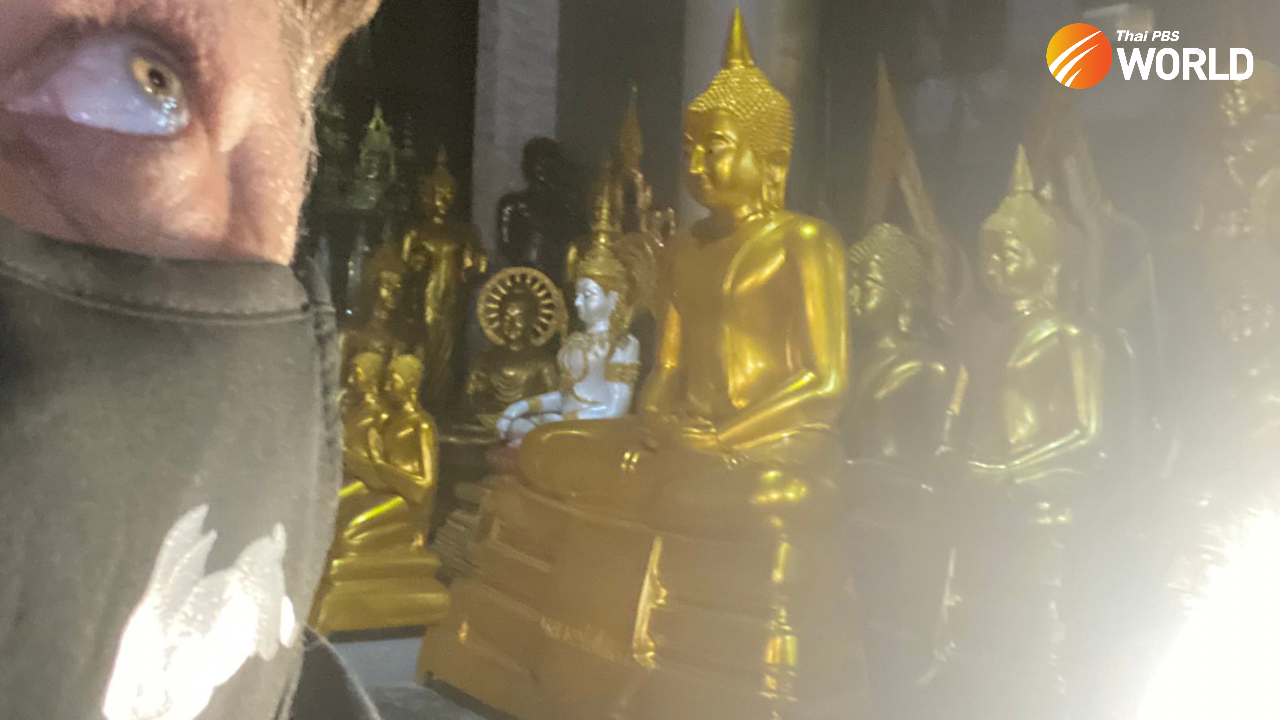Around 48 hours before I flew to the UK, I had to fill out a Passenger Locator Form about my travel history and travel plans, and my vaccination status. Interestingly, the form also asked me if I had been to any of the islands in Thailand. I am not sure why. Thailand is now on the "non-red list" for the UK which means we don't have to do a pre-flight covid test and we don't have to do any form of quarantine on arrival if we are fully vaccinated. All we had to do was book an RT-PCR test for Day 2. Then in this form, I had to enter the test package booking reference number. The test will actually be done on Monday and so I can use the same results to get back into Thailand when I fly out on Wednesday morning.
I have been fully vaccinated in Thailand with AstraZeneca which is recognised by the UK government. Some of my friends are not so lucky as they had Sinovac for the first jab and AstraZeneca for the second. The other important recent development is that the UK government also recognises our vaccination certificates. But which one? I brought two with me. The green paper that was issued to me by the hospital after my second jab and the yellow vaccine passport, which I applied for later, which is meant for international travel.
At check-in at Suvarnabhumi airport, I was asked for my travel documents. She wanted to check the Passenger Locator Form and my vaccination certificate. I just want to add here that nothing on this form was checked by the UK government. As soon as I had filled out the online form, I immediately received an email with a PDF file containing my details and also a QR Code. This is in stark contrast to Thailand. I had to fill in a similar form called COE with travel plans and vaccination history. But, even though I applied for COE first, I am still waiting for final approval. I know some people who didn't get that approval in time and missed their flight. That's a worry for me as my return flight is already booked. I also want to add that the UK didn't ask for any proof of expensive insurance unlike Thailand. Even for foreigners.
Going back to the vaccination certificate. Many people asked me if we really need to carry the yellow vaccine passport when travelling abroad. They also asked if it is recognised. I can say that several of my friends, who went to America, were able to use the yellow booklet to get into venues where you had to show proof of vaccination. So, it works. But I don't know if the green certificate issued by my hospital works. So, that's what I am testing out on this trip. At check-in, I showed the hospital certificate and it was accepted. Now the question is whether it will be accepted on arrival in the UK. I will answer that question further down, once I have finished talking about the flight.
As I mentioned before, I am flying Thai Airways. Total journey time is 16 hours as we had to fly to Phuket first. I reckon that during the first leg of the journey, the plane was about 80% full. But most of those passengers got off in Phuket leaving less than 50 people on the airplane. I counted about 4 or 5 who boarded at Phuket airport. For the flight to Phuket I didn't have anyone sitting next to me or in front of me which was good as I have long legs and it was a bit cramped. After Phuket, they made a couple of announcements to say we weren't allowed to change seats. Which sounded crazy as most of us were grouped together. However, after the lights were dimmed the person on my row moved elsewhere and I was then able to lie down on the three seats to get some sleep.
Shortly after we left Phuket, at around midnight, they served us a hot meal. Obviously this is a dilemma as we would have to take off our masks to eat. As you are probably aware, Covid-19 is airborne and so it sounds like the worst idea to take off your mask in an enclosed environment where you cannot open the windows. For this trip, I brought along with me a CO2 sensor that acts as a kind of proxy for calculating the risk of Covid-19. It cannot of course tell you if there is a virus in the air, but it can tell you how good the ventilation is. The last thing that you want to be doing during a pandemic is breathing the air that has already been in the lungs of an infected person.
The base line for the CO2 sensor is around 500 ppm which is what it is outside in the fresh air. The airport was around 610 ppm which is good. It shows there is plenty of ventilation. Venues need to try their best to keep this number below 800 ppm. For the flight to Phuket, which was 80% full, the CO2 level peaked at 1,222 ppm. High but not as high as I thought it would be and certainly not as high as my 45 minute taxi ride to the airport that peaked at a crazy 3,190 ppm. So, really, there is more danger from taxis than airplanes. In addition, I am told that the Boeing aircraft has HEPA filters which does a good job of cleaning the air of viruses. What is also interesting to note, for the second leg to London, when there were only 50 passengers, the sensor reading stayed between 684 ppm and 870 ppm. So, with a low reading and the knowledge they were using HEPA filters to clean the air, I felt it was safe to take off my N95 for the short period I was eating. But, like everyone else, I kept it on for the rest of the journey. I am not going to risk it with two RT-PCR tests coming up that could change my immediate future if I test positive.
Before I forget, I want to give you an update about the quarantine hotel in Bangkok as quite a few people were asking for details about how long you had to wait for the test results. Notice what I did there? I called it a quarantine hotel as that is what it is. Although the prime minister said that the country is opening to fully vaccinated travellers from countries on the list, you are still being detained at a hotel for the first day at your own expense while you wait for the test results. The length of time is going to vary from hotel to hotel as some will test you at a swab centre, some will test you when you check-in at the hotel, and some will test you at set times. In my case, they will do at the hotel when I check-in. But the amount of time you have to wait for the results will vary depending on when you check in. If you are unlucky, you will have to wait until the next day. The following is for my hotel. Yours might be different.
* Check-in between 8:00am and 11:00pm and you will get your results before noon the next day
* Check-in between 11:00pm and midnight and you will get your results before 5:00pm the next day
* Check-in between midnight and 8:00am and you will get your results before 5:00pm on the same day.
Obviously, the last one is more attractive as you can then check out the same day. My flight is due to arrive at 6:15am. Even if it lands on time, and I get though the airport quickly, and then there is no traffic to the hotel, it is highly unlikely that I will meet the 8:00am cut-off time. Meaning I will have to stay in my room all day and all night until noonthe next day at the latest. By the way, the room rate includes three meals and 20% discount on food and beverage. It's going to be a long day and night. Even longer if my test results are positive. If I don't have any symptoms, I will be transferred to a 'hospitel' or field hospital where I have to stay at my own expense. If I have symptoms I will be admitted to hospital. I will try and get some more information about this for you later as this is something that is never really talked about when they are promoting Thailand as a tourist destination.
Just a quick update. I have just landed in the UK. They didn't ask to see any of my travel documents including my vaccination certificate. Obviously the UK is more open than Thailand at the moment. Or they are just more trustful. Heading to the hotel now to check-in and then do some exploring. No quarantine here but we have to do an RT-PCR test in a couple of days. I will give you another update tomorrow. Thanks for reading this far and see you next time.
